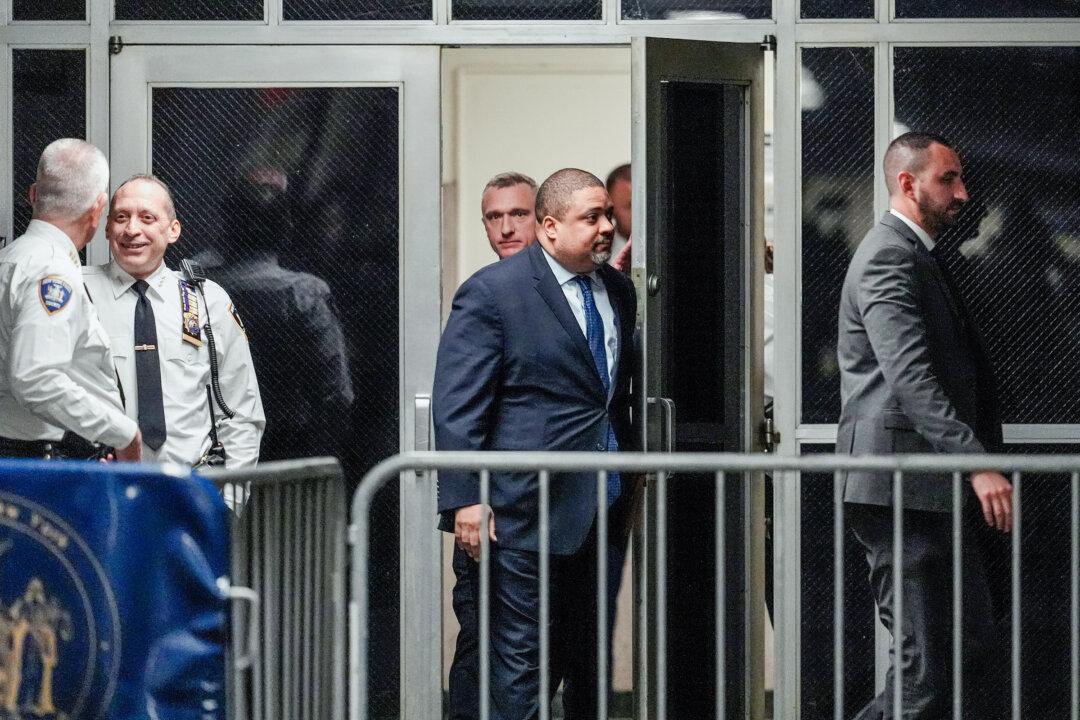The Manhattan District Attorney’s office agreed with attorneys for former President Donald Trump who said that his gag order should no longer prohibit him from speaking about trial witnesses, as the trial has concluded.
The gag order, issued by New York Supreme Court Justice Juan Merchan, had prohibited former President Trump from making statements, or directing others to make statements on his behalf, about trial witnesses, jurors, court staff, and counsel and their staff, if the statements were made to interfere with the case. This order did not cover Manhattan District Attorney Alvin Bragg or Justice Merchan, but it did extend to their family members.





